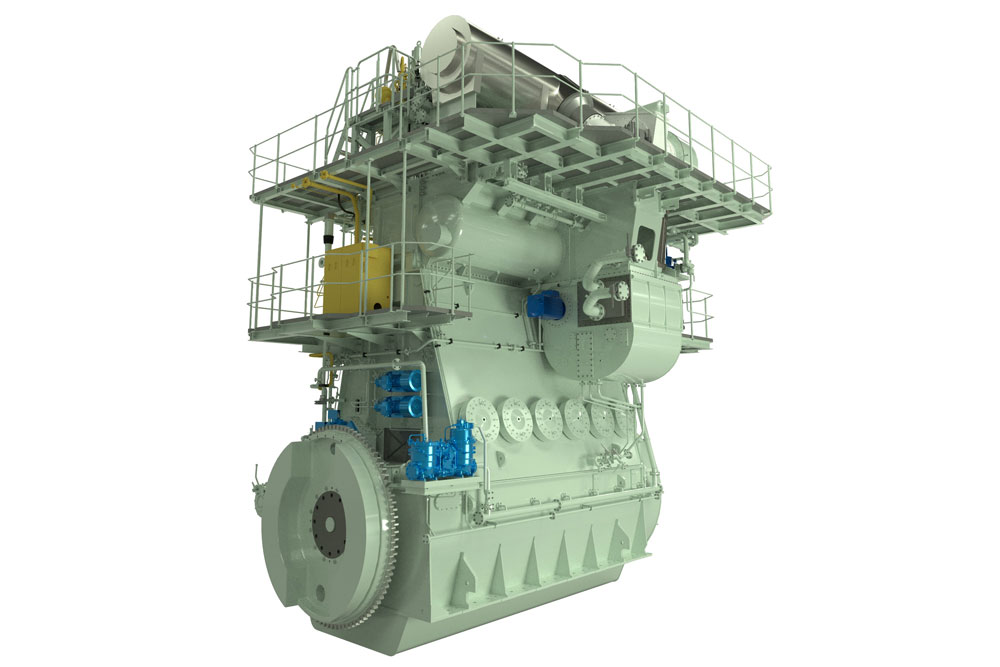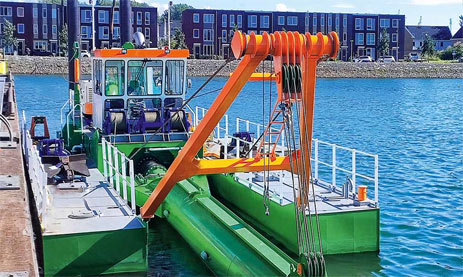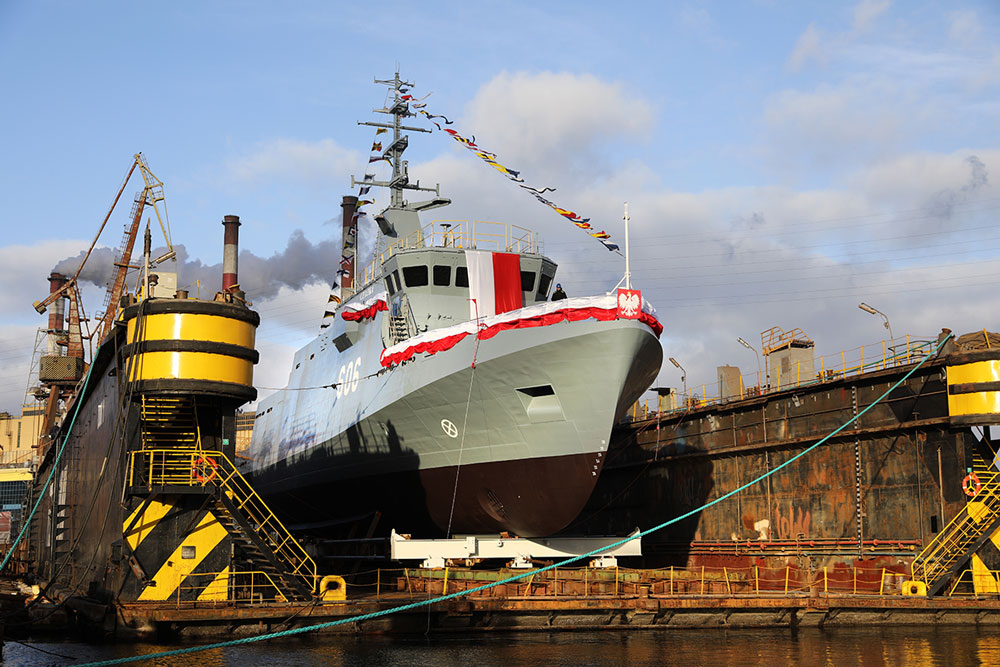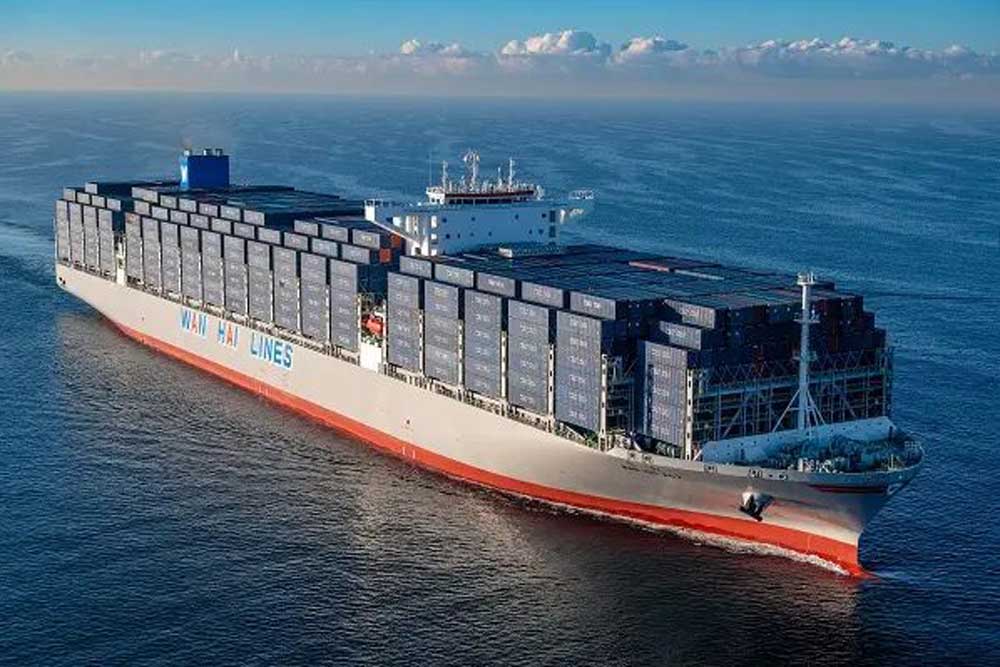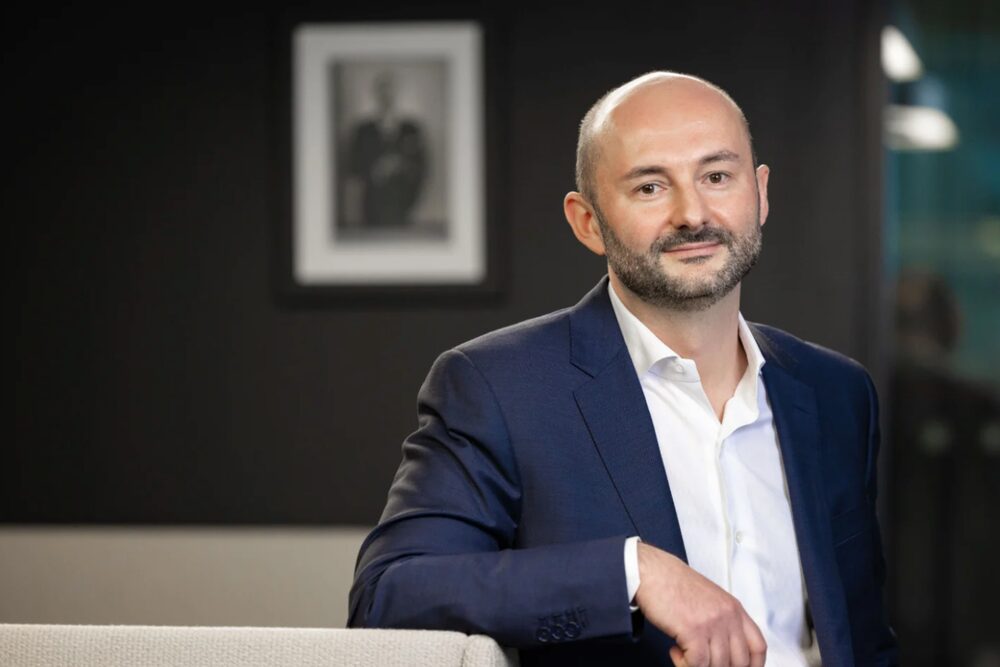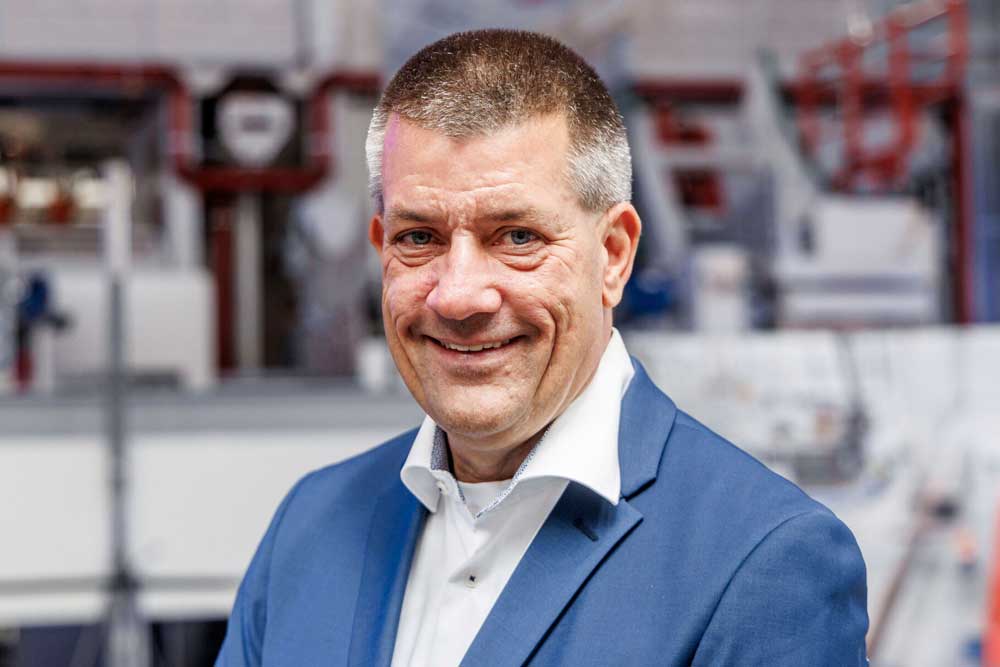Demand for methanol engines from MAN Energy Solutions is increasing. The company’s most recent orders include one for the Danish shipping company J. Lauritzen.
The order was placed via the Japanese shipyard Tsuneishi Shipbuilding, where three bulkers are being built for J. Lauritzen. The three bulk carriers each have a carrying capacity of 81,200 dwt. These newbuildings will be equipped with MAN B&W 7G50ME-C9.6-LGIM (Liquid Gas Injection Methanol) main engines[ds_preview].
Each engine is equipped with the EGRBP (Exhaust Gas Recirculation ByPass) technology developed by MAN Energy Solutions to reduce emissions. MITSUI E&S will build the engines in Japan.
“We are currently seeing a significant increase in ME-LGIM orders and it is great to see such a renowned company as J. Lauritzen embarking on the path to decarbonization,” says Bjarne Foldager, Head of Two-Stroke Business at MAN Energy Solutions.
MAN is seeing rising demand in all segments
While the focus has recently been on car carriers, Foldager believes that methanol will play an important role for all ship classes in all segments in the future, and that these newbuilds will be climate-neutral if they run on green methanol and biofuels.
The Kamsarmax vessels will be the world’s first methanol-capable bulk carriers and will be wholly owned by Lauritzen NexGen Shipping. According to J. Lauritzen and Lauritzen Bulkers A/S, further investments in CO2-neutral and future-proof technologies for the shipping industry will be made through Lauritzen NexGen Shipping. The vessels have been ordered in cooperation with the American food company Cargill, which will operate them for at least seven years.
Thomas S. Hansen, Head of Promotion and Customer Support, MAN Energy Solutions, adds: “With over 160 orders and 500,000 operating hours on methanol, the ME-LGIM engine is a field-proven technology that is considered the industry standard for methanol propulsion of large commercial vessels. As the engines are available with short delivery times and dual-fuel methanol engines have lower investment costs compared to other alternative propulsion solutions for ships, we expect to receive further orders in the bulker segment in the coming months and years.”
